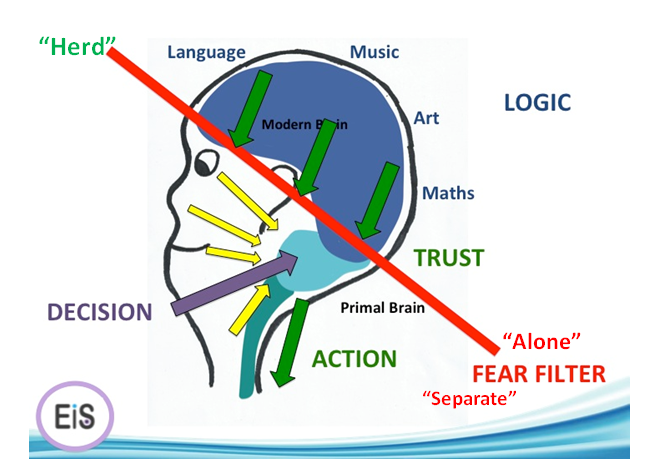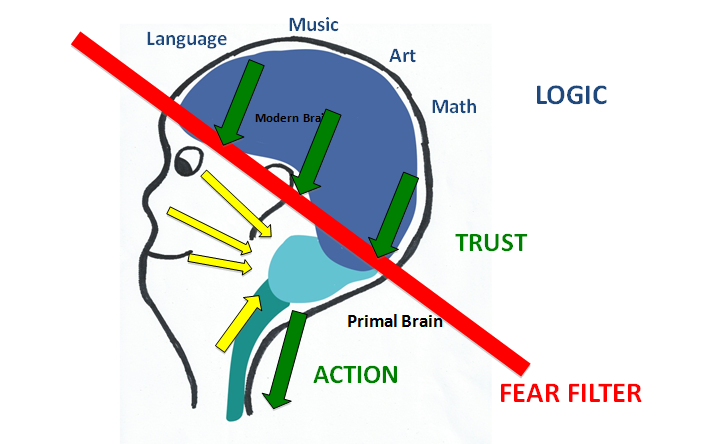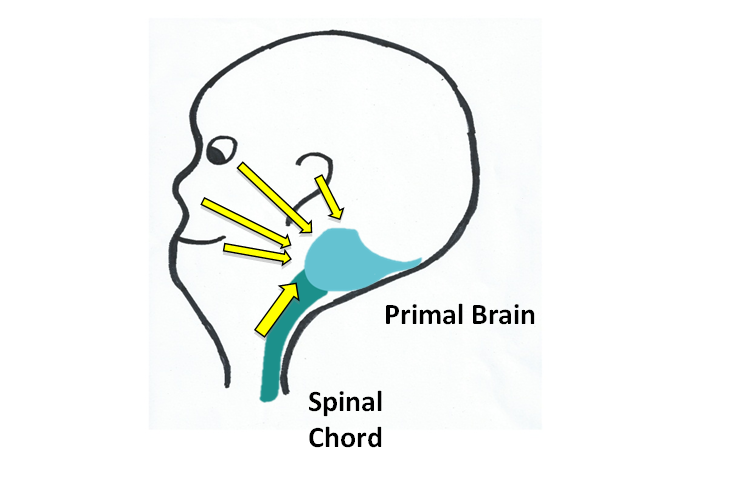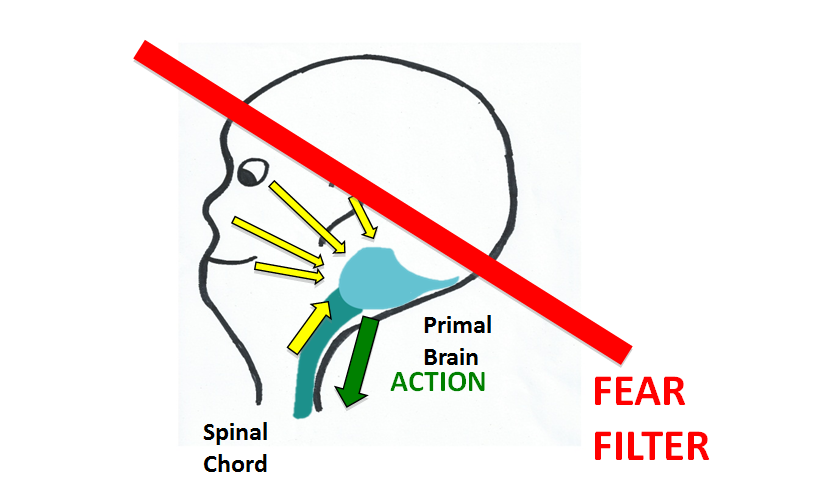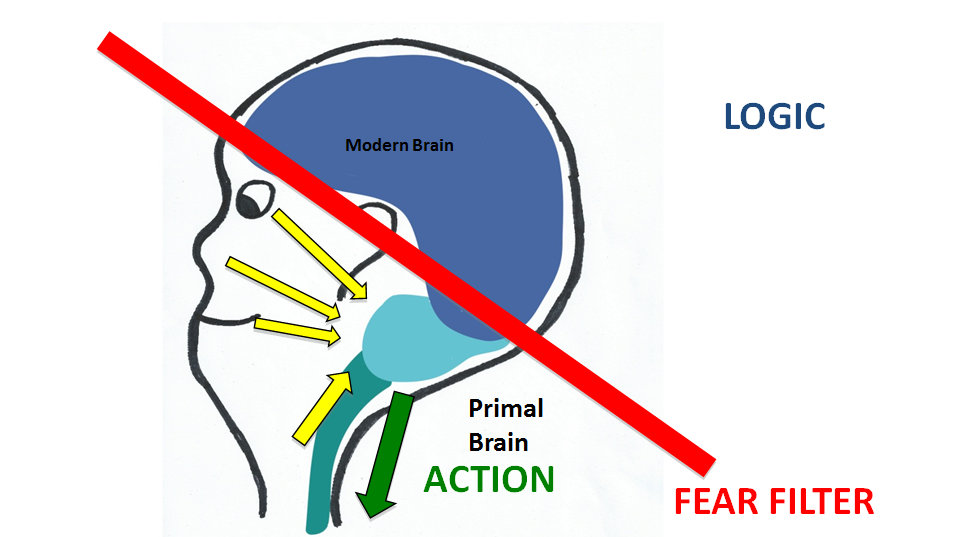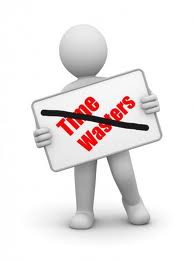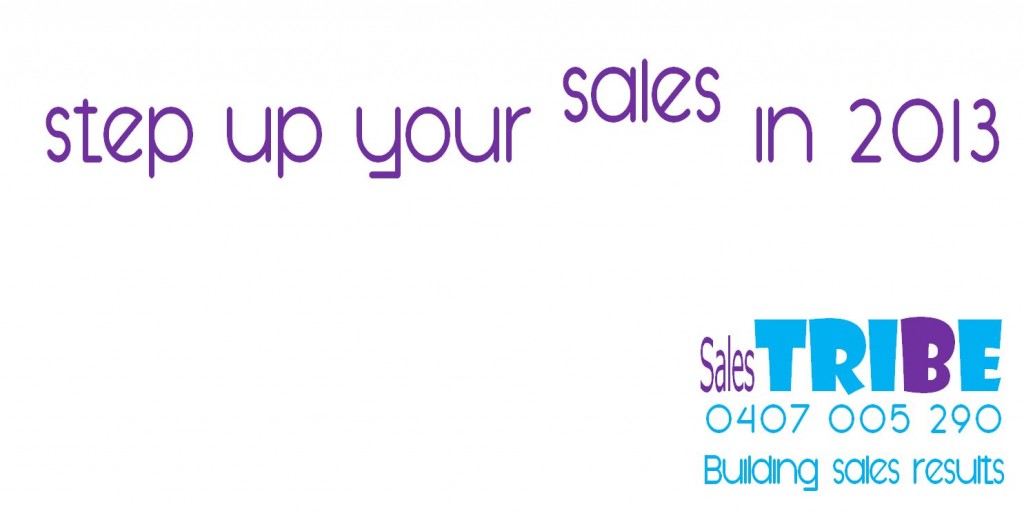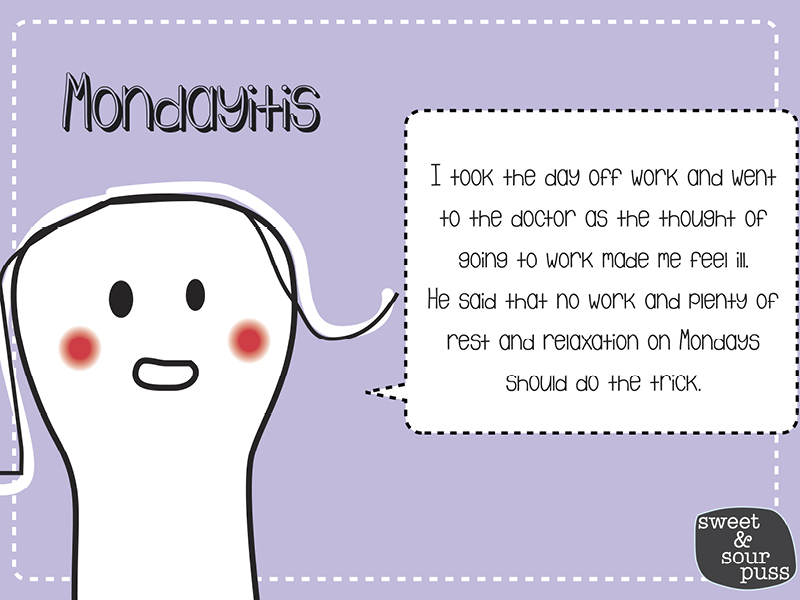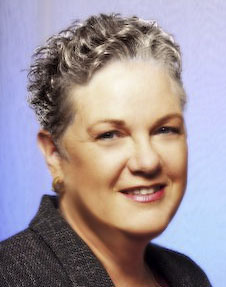 Ensuring the new recruit realises all their inherent capacity without getting demoralised or exhausted before they reach their full potential.
Ensuring the new recruit realises all their inherent capacity without getting demoralised or exhausted before they reach their full potential.
By Maya Saric
Managing Director Corporate Coach Australia P/L | 0407 005 290
Introduction
The purpose of this document is to outline a specific model for how to help and organise a new person entering the world of real estate listing so they can learn the process and make a respectable income towards the end of their first year. The process outlined here may take more than a year considering the nature of the market, their energy and the assistance that an experienced agent is able to give them.
If you have used SIP to recruit your new sales person then they should have the energy and style to succeed; the remaining variable is the quality of the training they receive in their first year.
The method we are proposing here is only one of a number of methods to induct new staff into a residential listing role. However we believe this method has the highest likelihood of success.
Defining a separate territory for the cadet
Define a set of streets that will become the new cadet’s territory and which will be prospected exclusively by the new agent. They will be provided with all office generated leads in this territory within three months of starting and the defined territory will remain the agent’s indefinitely.
Effective territory definitions are very important to creating harmony in a sales office and allow for easier lead dispute resolution. It is best to define your entire geographic area into individual territories of equal worth before hiring additional staff. We suggest defining the worth of each territory by the number of and sale price of the total transactions in the previous year.
If your business has a large enough reach then set each territory at a maximum of 2000 doors. The objective is to have territories that can generate adequate personal income while being small enough for the cadet to engage each household personally every quarter. A territory that is bigger than 2,000 doors – especially in the first 12 months – is not a good idea as it will dilute the agent’s effectiveness and or the territory’s viability.
List street names on a sheet/spreadsheet or copy a map and highlight the boundaries. Be as clear and as specific as possible.
Partnership with an Experienced Agent
The trainee agent needs to be partnered for a planned 12 months minimum with an experienced busy agent who is either the Principal or an experienced agent who is good at listing, but may not be actively prospecting.
Why partner the cadet with the principal?
Principals will have the greatest interest in the development of this person. As principals want this person to succeed as quickly as possible so they will spend the time helping them analyse each situation they have just participated in and plan new activities for the cadet that re-enforce learning. The Principal is also the most willing to have them fly free at the end when they show an interest and the ability to work as an independent agent.
Are they a cadet or a PA?
Having the cadet work as a simple helper or admin support person to the experienced agent will not provide enough exposure to the sales process to allow for effective learning to become a listing agent.
If you have hired an effective listing agent, (i.e. SIP hunter style,) but do not allow them to get stuck into learning the components of their ultimate role quickly they will lose their energy and may leave your business before exhibiting their real capacity. Also people with stronger hunter profiles are not inherently well suited to being in an administrative role and will make mistakes and underperform, further disillusioning themselves and you. You have hired them to become a listing agent and they need to be in that processes as fully and quickly as possible within the effective control of an experienced agent.
When to use an independent coach?
Many principals do not have a strong background as listing agents having come into their owning businesses from property management or commercial real estate. If they were once a listing agent and are now just too busy with the daily running of a large office to go back into a proactive sales role. In this case I recommend you use an external coach so that the cadet has someone to turn to on a daily basis in the first few months.
When to use an experienced agent who is not the principal?
An experienced agent who is not doing enough prospecting is often motivated enough to have a trainee partnered with them, someone who can set up appraisals for them. While they will need to share their commissions with the cadet (see section below) the extra appraisals will still make this attractive.
But this has the drawback of having poor habits rub off on the trainee. It is for this reason that this option is suggested last, if a selling principal or independent sales coach is not available.
The other problem is that an experienced agent may not be interested in the trainee’s long term development, only wanting them to prospect, for more appraisals and thus listings. To overcome this you may hire the new person with the intention of them being a long term partner agent with a cadet style phase so there is no loss to the experienced agent when this person has become effective. The issue then is forming effective long term partnerships.
Finally a busy experienced agent does need a real PA. However putting the cadet in that role will fail to give the experienced agent adequate support and will in turn demoralise the cadet because hunter style cadets are not well suited to administrative work.
How long does this partnership last?
The partnership stands for a minimum of 12 months or until it has listed AND sold a minimum of 10 properties or a minimum of 12 months. This will then have given the new agent two advantages:
- The cadet will gain enough experience with variations of appraisals, listing meetings and buyer negotiations to be able to deal alone with the majority of complications that they will face in the market.
- Ten examples of their selling capacity to validate their ability to potential vendors in the future (i.e. their name on ten boards and old marketing material samples). This can be critical for them in responding to vendors who want “the local real estate stars to sell their property, not some unknown rookie”. This success with 10 properties in their own territory removes the ‘rookie’ tag!
We don’t suggest a maximum duration. It is acceptable for this partnership to last longer if the two individuals so choose with a title change from cadet program to partner selling, to give the cadet a sense of progression.
First two listings: Who will do each part?
Open for Inspections: Together, i.e. cadet with experienced agent.
First buyer phone follow up after open homes: Cadet only as they are already experienced on the phone. (Ideally within the same day of the open and to a script agreed with the experienced agent).
Private inspections (especially return viewings): Together.
Negotiate close with serious buyer: Experienced agent with cadet listening if possible.
Prospecting
It is very important that you get staff into the habit of doing two hours of prospecting every day from the beginning. There is nothing more important to learn or habit to develop. If staff do not establish this habit early in their career with you it will be near impossible to achieve later.
The first two weeks
The focus of the cadet’s work from the first day is learning how to prospect. Ensure you have a few tested sample scripts, a database and even a professional coach ready for the first week the cadet starts with you.
Go through the sample scripts with the cadet and provide examples of wording in your own style to get them going. Be sure to explain that he or she needs to evolve their own style and to use the sample scripts and your style as starting points.
The first three months
The most important mission in establishing an effective listing agent is to teach them to prospect and develop good work habits for a career in selling.
When to prospect and how much?
Ideally 2 hours on the phone and 2 hours on the road each day.
One of these sessions should be in the morning the other in the afternoon/early evening for summer time, with the review meeting with you and other administrative tasks in between. Be careful not to give the cadet too many administrative tasks to hide inside of.
Letter box drops do not count within this prospecting time so should be done before or after working hours. Doing your own letterbox dropping is a great way to get to know your suburb and see relevant changes but it is not effective for the generation of MA’s which is the priority in the first stage.
Mix up the routine each day of which activity is performed at which time to help the cadet identify a pattern which suits them and gives the best results in their target market. If you are phoning mobile phone numbers, within reason it may not matter what time of the day it is, but you will find better days and times of the day for catching vendors at home for door knocking depending on the demographics and size of your suburb.
How to teach prospecting?
All forms of prospecting feel weird to anyone who has never used them before. Acknowledge this with the cadet in the first week and assure them that with a few weeks practice they will settle into a comfortable groove with one or more of the recommended methods. Within six weeks they will think it’s easy and boring. The boring element remains forever.
Start the cadet off with a few types of prospecting methods only until they develop their own style and you see their strengths. They will have no strengths when they are first starting so they will need to use the same system for six weeks before deciding it doesn’t suit them. The only real definition of which style suits them is the one that gives them the three MA’s or more per week in the least amount of time.
Three prospecting methods
Cold Calling using a public database of property in this territory. Develop a script with them.
Door Knock inside their own territory (See survey style prospecting system from SIP as an example method).
Previous Buyers in this territory or from agents no longer in the business (if no conflict exists with another agent). That is, old open for inspection sheets. How old? The return (chances of locating a listing) on people who were looking in the last six months is more likely (i.e. they haven’t bought and thus sold yet) but any age is possible and it’s a good excuse to establish contact.
How long to stay in prospecting only mode?
The first two weeks are basic training. Then we recommend a minimum of ten weeks or longer if they are not consistently achieving 3 MA’s per week.
We call this 12 week period the “prospect” only stage and it has a different recommended remuneration plan.
Targets
Activity: 50 contact calls (Phone- cold, cold MA’s, old buyers or door knocking) per day.
It is better to state this as a daily target rather than 250 per week. A weekly target looks daunting to some and gives others a sense of their being ‘plenty’ of time
Outcome: Three Marketing Appraisals booked (i.e. time and day agreed with the vendor) per week.
Manage activity Reward outcomes
Set clear KPI’s for activity (see suggestions above) that is realistic for the first few months and reward for over achievement of these. Setting the performance bar low and having over achievement rewards creates a baseline or floor level of activity that is sustainable indefinitely while stating your expectations that you are planning on them to be doing more than this.
Manage their activity on a daily basis starting with a 20 minute formal in person review of their work. After a few weeks you may drop this to a formal sit down review twice a week plus daily ‘quick catch-ups’ ideally in the middle of the day which can be by phone or in person.
What time of day to conduct reviews
We recommend middle of the day, preferably before lunch and definitely before 1 pm. This is for both the formal 20 minute sit together session as well as the two to three minute quick chat. This has several positive effects:
- There is less dread to starting the day if yesterday went badly
- If the morning is going badly you may be able offer some wisdom to make the process easier for the afternoon, or suggest they change to a different prospecting method
- Reassuring them after a few hours of work will give them additional energy for the afternoon
Salary and Commission
First one to three months:
Straight salary at the rate for administrative staff. Do not start cadets from day one on debit/credit as it’s too discouraging when they don’t have the skill to achieve listings. Being on debit credit too early means they are in catch-up mode for many months which reduces their feelings of success for the early sales. Given that positive re-enforcement from success provides the extra energy to achieve more success you do not want cadets feeling defeated by having completed a training phase. Without a training phase they are unlikely to succeed or help with existing listings no matter their suitability.
Prospecting only phase
This is before cadets start attending the MA’s they have generated and is designed to reward them for learning to prospect well. We suggest the admin salary plus a piece based incentive:
$50 for booking MA’s
$100 for MA’s they booked that becomes listings.
$100 for more than 3 MA’s conducted in any week. (‘Conducted’ still counts if the experienced agent fails to attend)
Cadet shadow selling with experienced agent
For the first ten properties sold where the original MA was generated by the cadet in the experience agent’s territory, share available commission 50/50 with the experienced agent.
This is no matter how little work the cadet has done toward closing the listing or the sale. In the first few properties sold, the bulk of the work (after prospecting) is being done by the experienced agent. This ratio should reverse by at least by the fifth property sold.
In the case of other listings in the experienced agent’s territory not initiated by the cadet but where the cadet assists in the sale of the property (i.e. runs the open, manages buyers etc,) the cadet receives 20% of the experienced agent’s commission.
Cadet selling to own territory with help
Where the cadet continues working under the oversight of the experienced agent into the second year, (or for the duration of the partnership,) but is now working in the cadet’s own territory the cadet and experienced agent shall share available commission 50/50.
Where, after 12 months, the cadet begins working independently in their own territory they can choose to return to the 50/50 split with the experienced agent. The cadet and experienced agent may choose to do this irregularly for unique situations where the cadet feels insecure completely alone or for planned absences by either party.
Training Programs for the Registration Certificate
Real Estate Institute of New South Wales http://www.reinsw.com.au/
Real Estate Institute of Queensland http://www.reiq.com.au/
Real Estate Institute of Victoria http://www.reiv.com.au/
Real Estate Institute of South Australia http://www.reisa.com.au/
Real Estate Institute of Tasmania http://www.reit.com.au/
Real Estate Institute of Western Australia http://reiwa.com.au/
Real Estate Institute of Northern Territory http://www.reit.com.au/
Real Estate Institute of Australian Capital Territory http://www.reiact.com.au/
To grab your own PDF version of this Guide:
- Click on the link below
- You will be redirected to a new page – then, click on the link “Maya’s Guide to Starting a new Cadet Residential Listing Agent-PDF”
- Save your PDF copy
- Enjoy!


